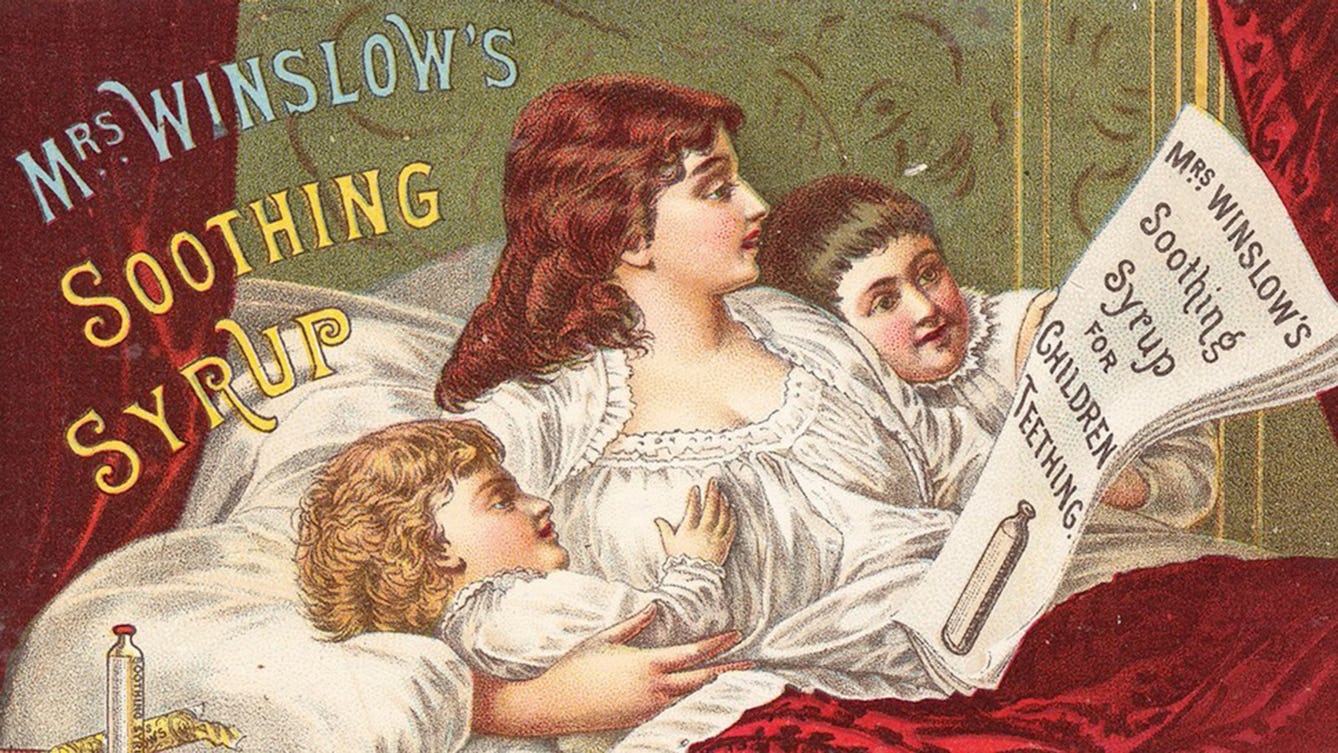
- Article
- Article
The poor child’s nurse
Charming family scenes in Victorian ads for children’s medicines were at odds with some of the dangerous ingredients they contained.
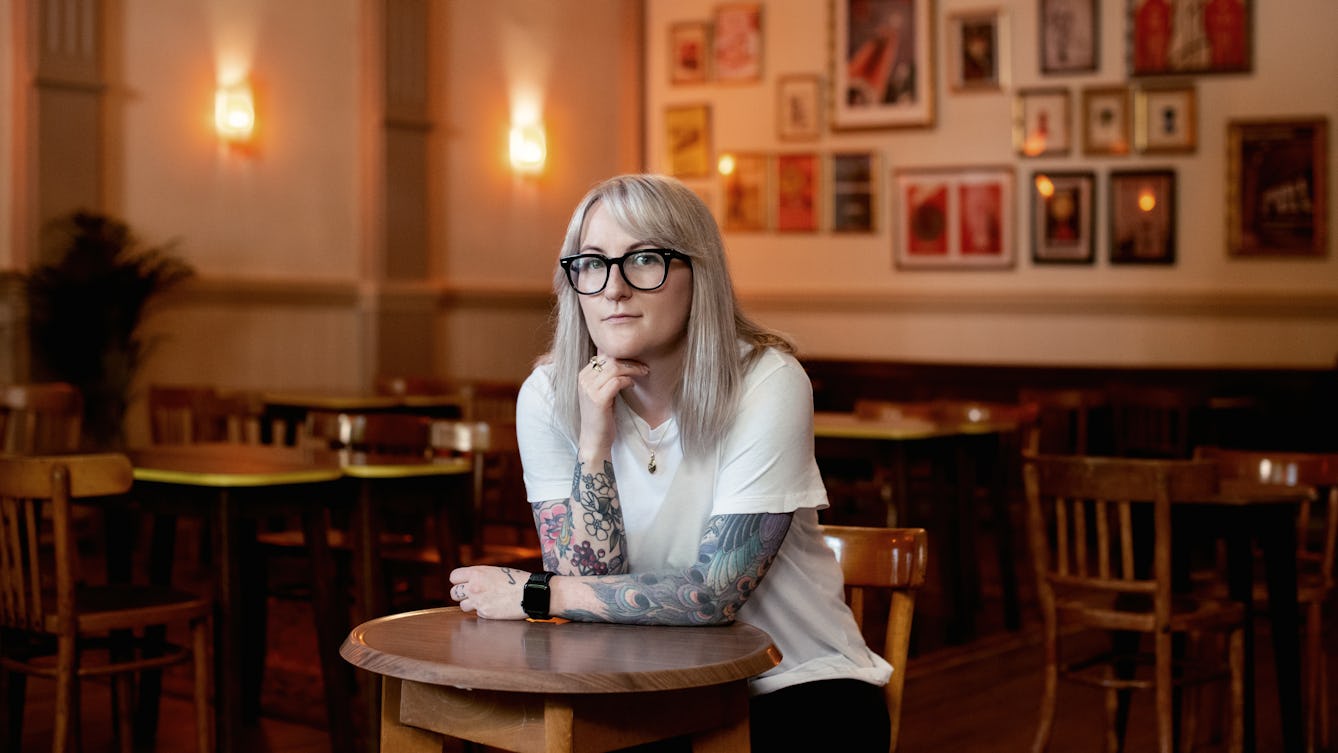
- Article
- Article
How to be poor and happy
Money, security, self-sufficiency and charitable giving have long been linked to happiness. But what if you’re working class?

- Article
- Article
Dirt, disease and the Inspector of Nuisances
In the days when ‘bad air’ was thought to spread disease, dozens of Inspectors of Nuisances ceaselessly struggled against the perils of dirt – both visible and invisible.
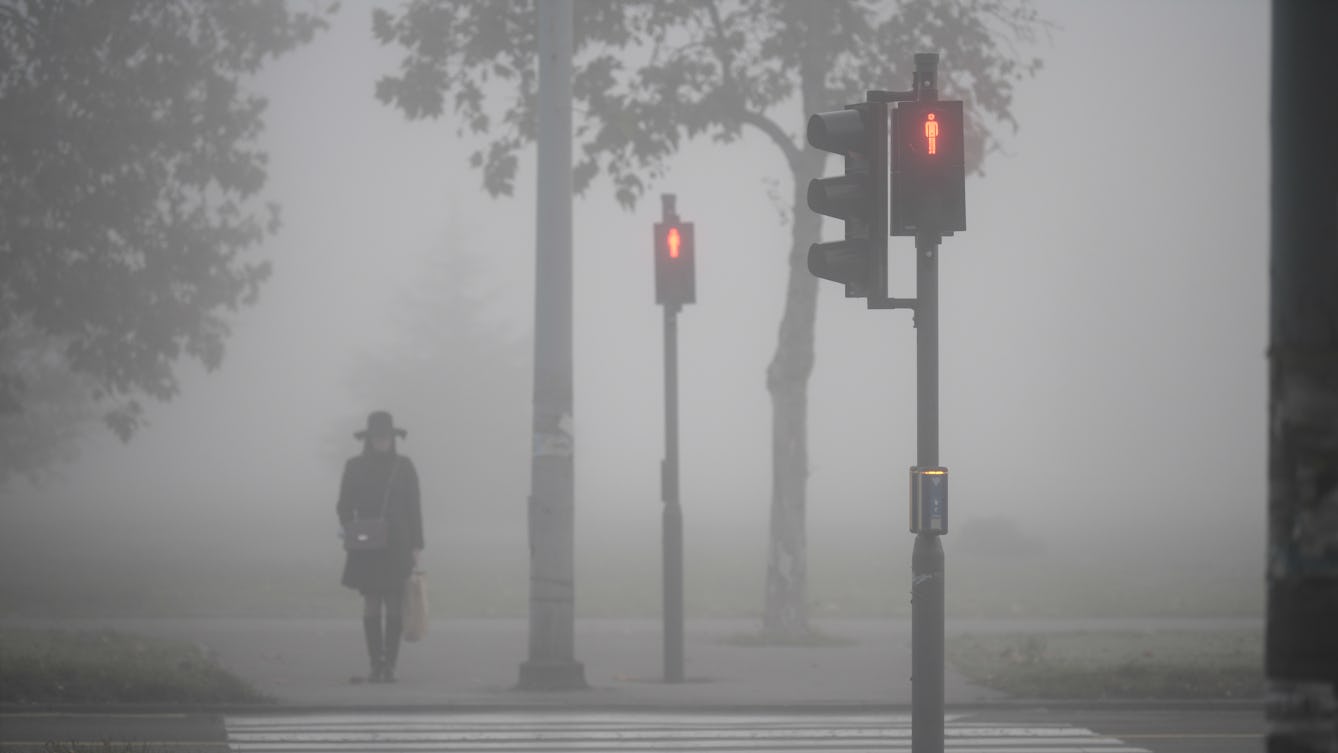
- Article
- Article
A bad atmosphere in the Balkans
The citizens of Belgrade, one of the most polluted cities in Europe, are finally pushing back against the polluters, whose activities they’ve been encouraged to accept.
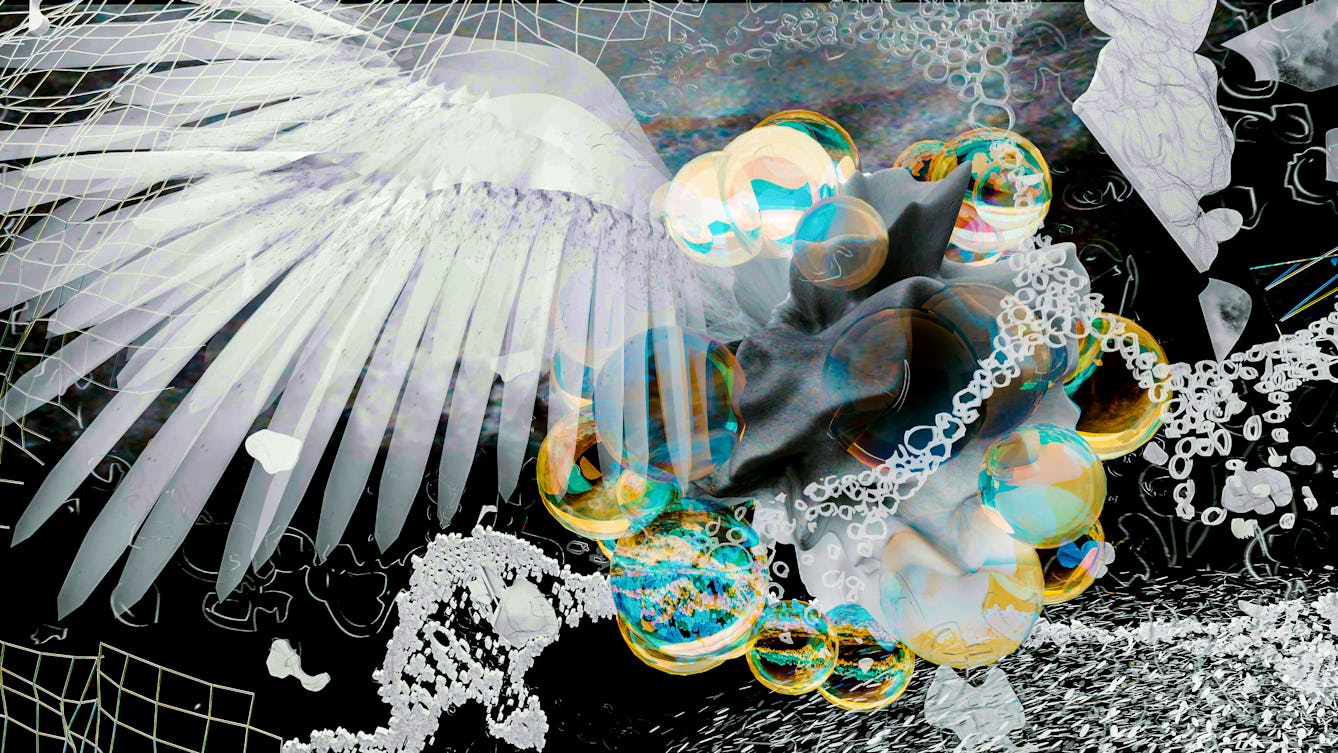
- Article
- Article
Air of threat
Novelist Chloe Aridjis vividly describes the suffocating atmosphere of Mexico City, as a combination of topography, crowded neighbourhoods, and reckless political diktats create a downward spiral.

- In pictures
- In pictures
In pursuit of purity
Many cultures associate physical cleanliness with spiritual purity, while disease and dirt are signs of moral pollution.

- Article
- Article
Theriac: An ancient brand?
The name theriac survived for around for two millennia as a pharmaceutical term. But a ‘brand’ name is not always a guarantee of quality.
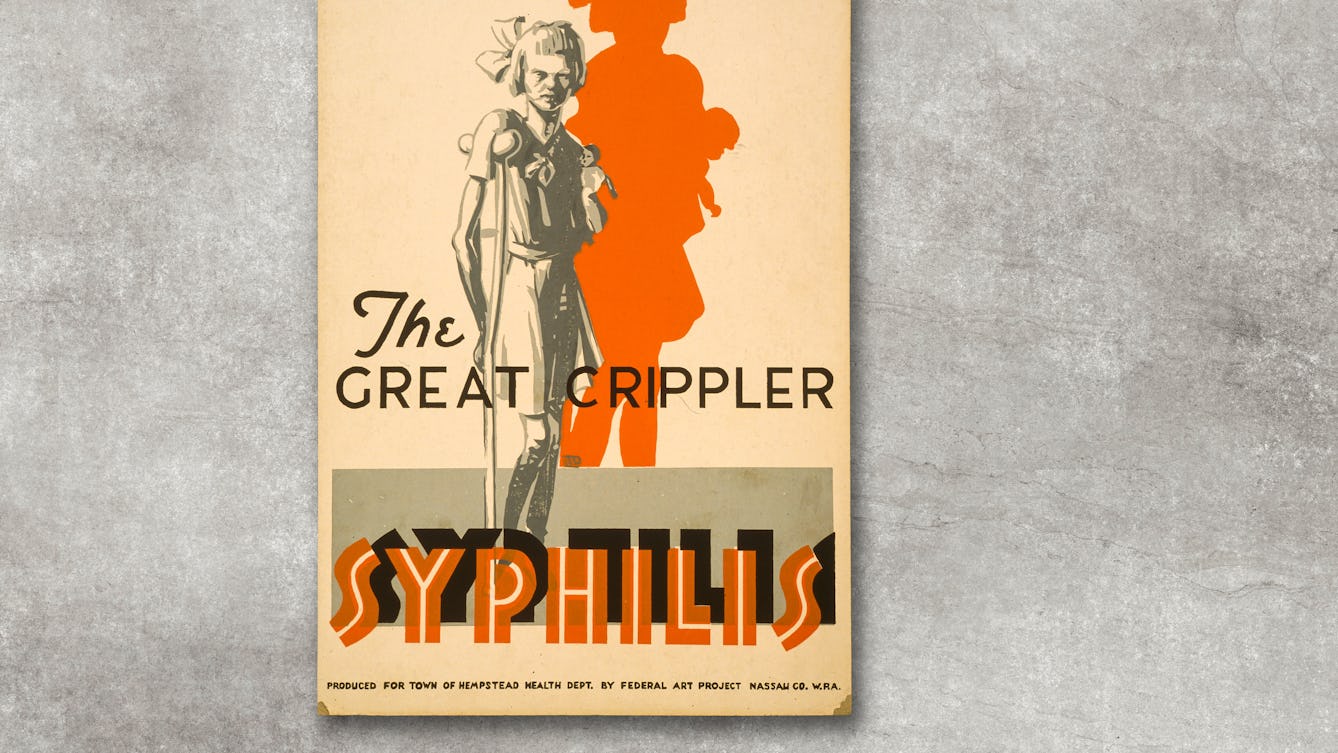
- Article
- Article
Public health campaigns and the ‘threat’ of disability
By continuing to represent disability as the feared outcome of disease, public health campaigns help to perpetuate prejudice against disabled people.

- Article
- Article
The ‘epileptic’ in art and science
From scarred outsiders in literature to the cold voyeurism of medical films and photography, people who experience seizures and epilepsy are rarely shown in a compassionate light in popular culture.
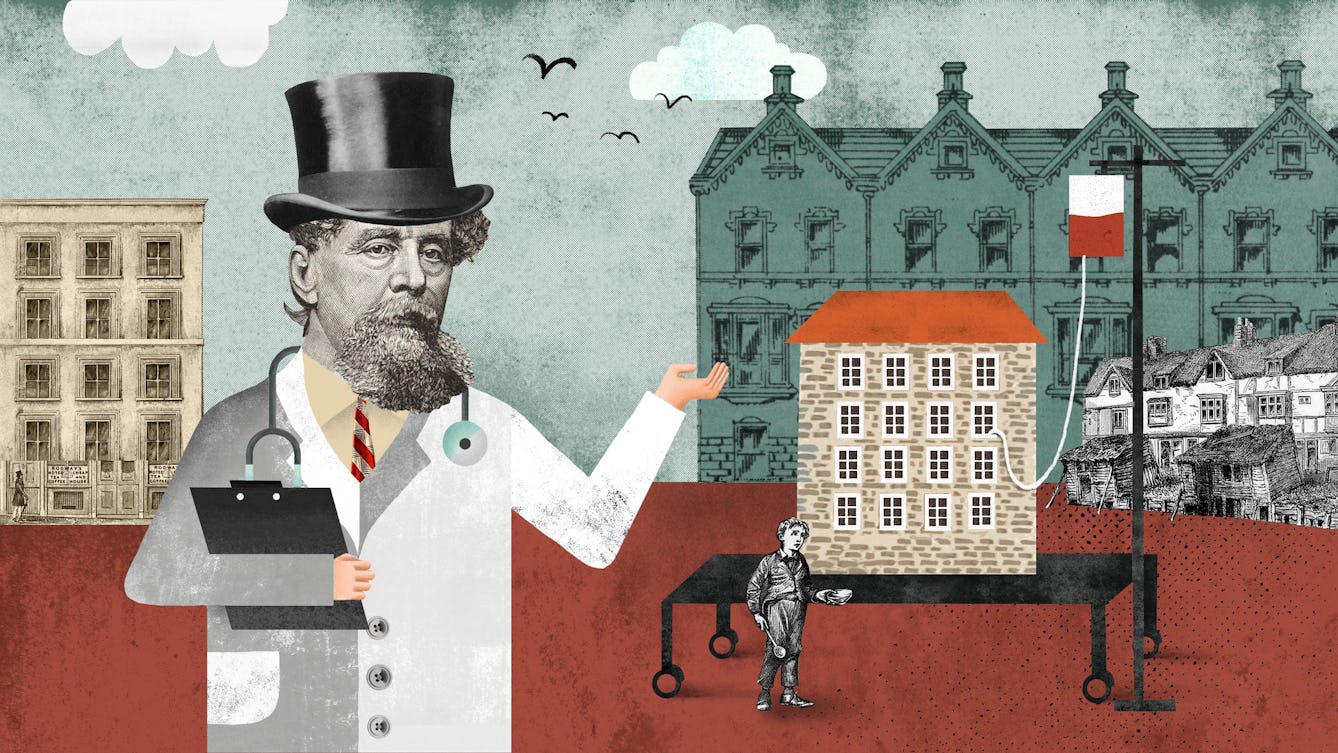
- Article
- Article
How slums make people sick
A newly gentrified corner of Bermondsey leaves little clue to its less salubrious history. But a few intrepid writers recorded the details of existence in one of London’s most squalid slums.

- Article
- Article
Intelligence testing, race and eugenics
Specious ideas and assumptions about intelligence that were born during the great flourishing of eugenics well over 100 years ago still inform the British education system today, as Nazlin Bhimani reveals.

- Article
- Article
The birth of Britain's National Health Service
Starkly unequal access to healthcare gave rise to Nye Bevan’s creation of a truly national health service.
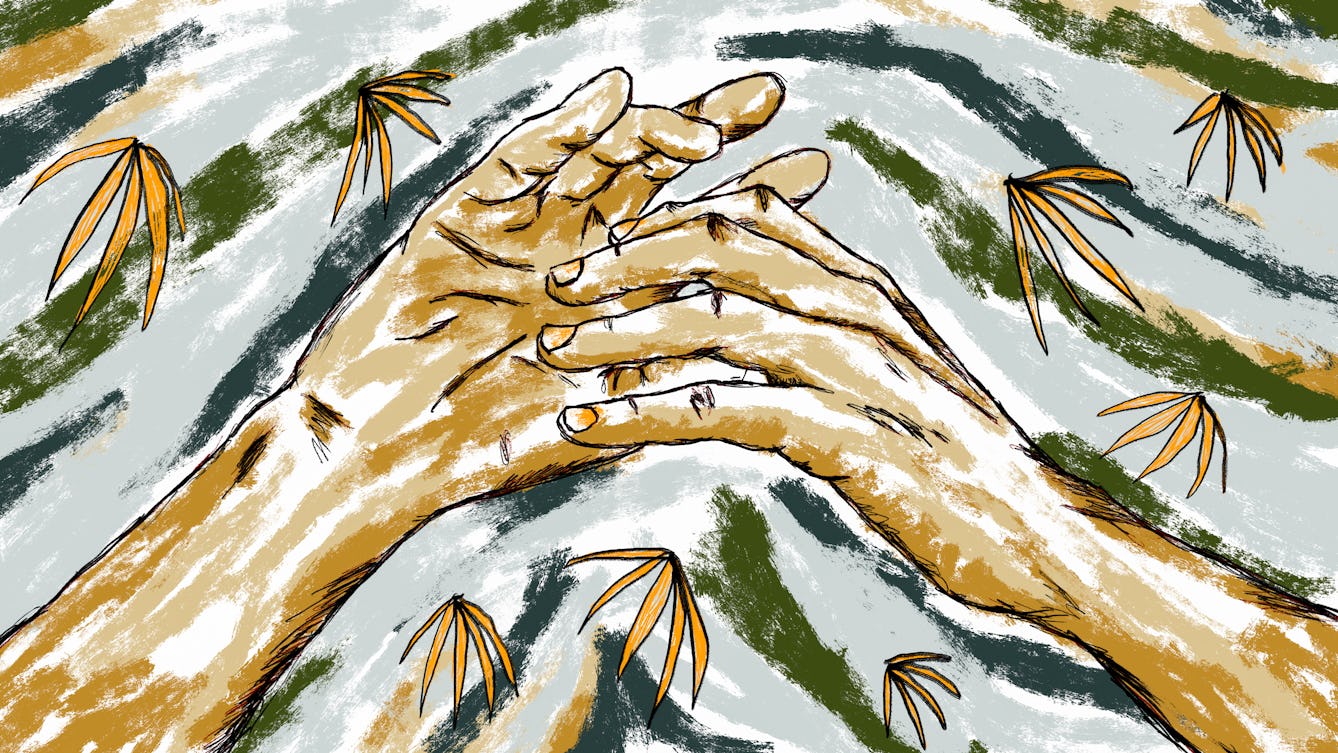
- Article
- Article
Surviving fatness
It took time for LMM to discover that being fat and poor are mutually exclusive. Here she describes resisting fatphobia by being visible and leaning in to the stereotype.

- Article
- Article
The unearthly children of science fiction’s Cold War
In the 1950s a new figure emerged in British novels, film and television: a disturbing young alien that revealed postwar society’s fear of the unruly power of teenagers.
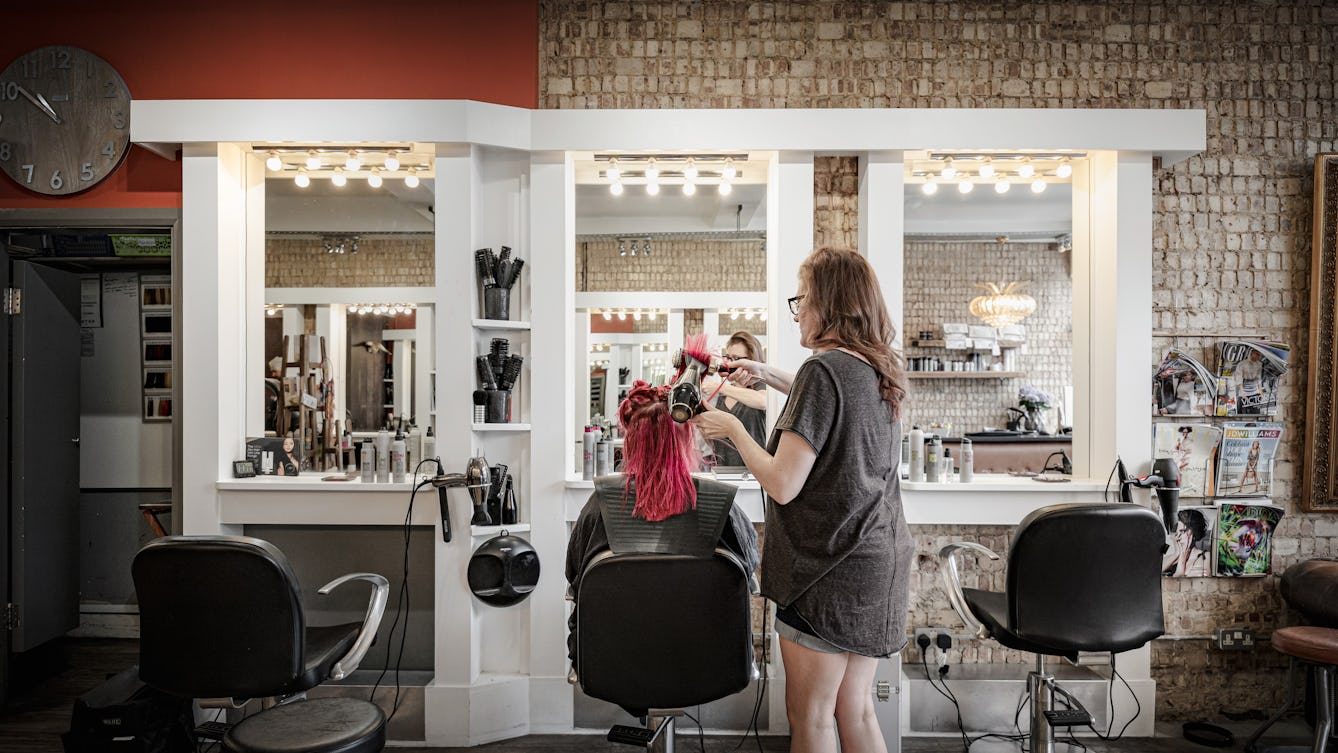
- Article
- Article
How your hairdresser could save your life
Barbers and hairdressers have a unique view of us – one that means they can spot potentially dangerous health problems. Find out how buzzcuts can lead to blood-pressure checks, and dip-dyes show the way to the dermatologist.

- Article
- Article
The art of soundproof design
Too much noise is more than annoying – it has serious negative effects on health and cognitive ability. Find out how designers and architects are mitigating the downsides of sound.
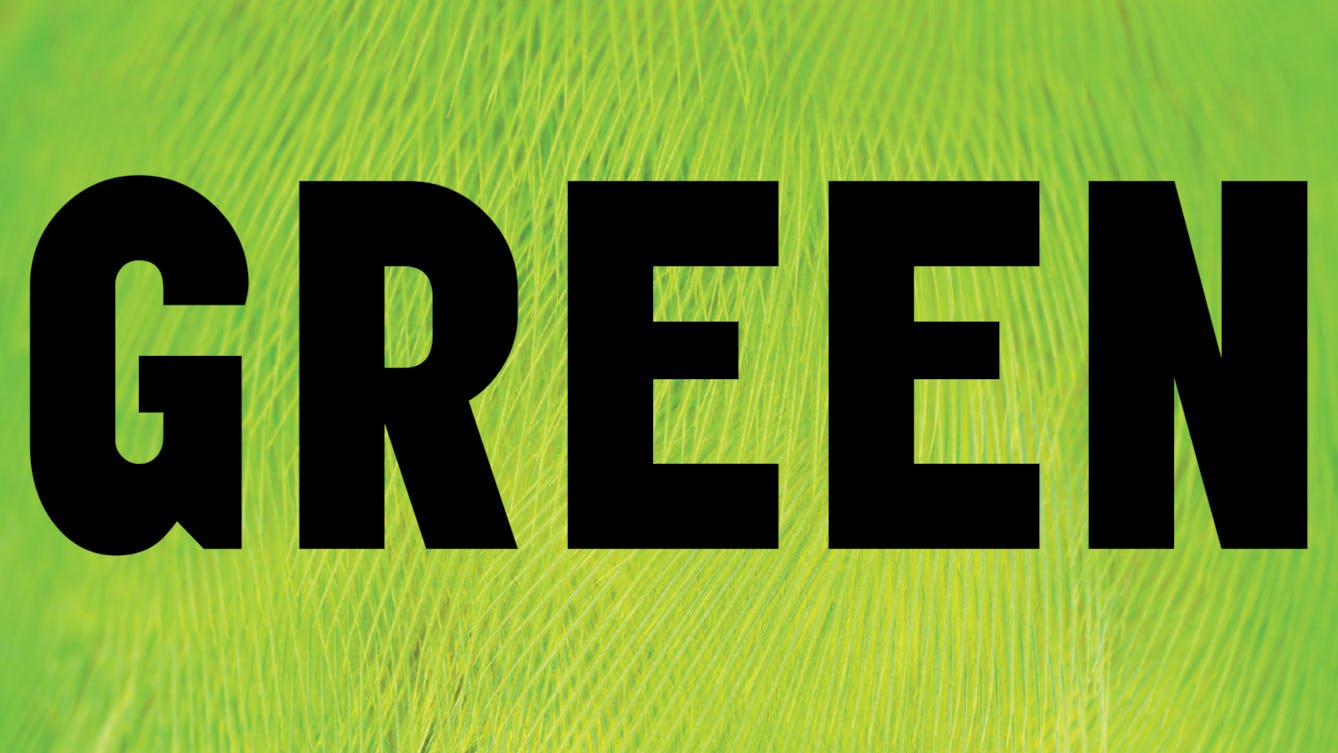
- Article
- Article
Sharing Nature: Parks for people
Paula Broom’s photograph of Sydney’s Centennial Park shows the complexity and joy we find in urban greenery.
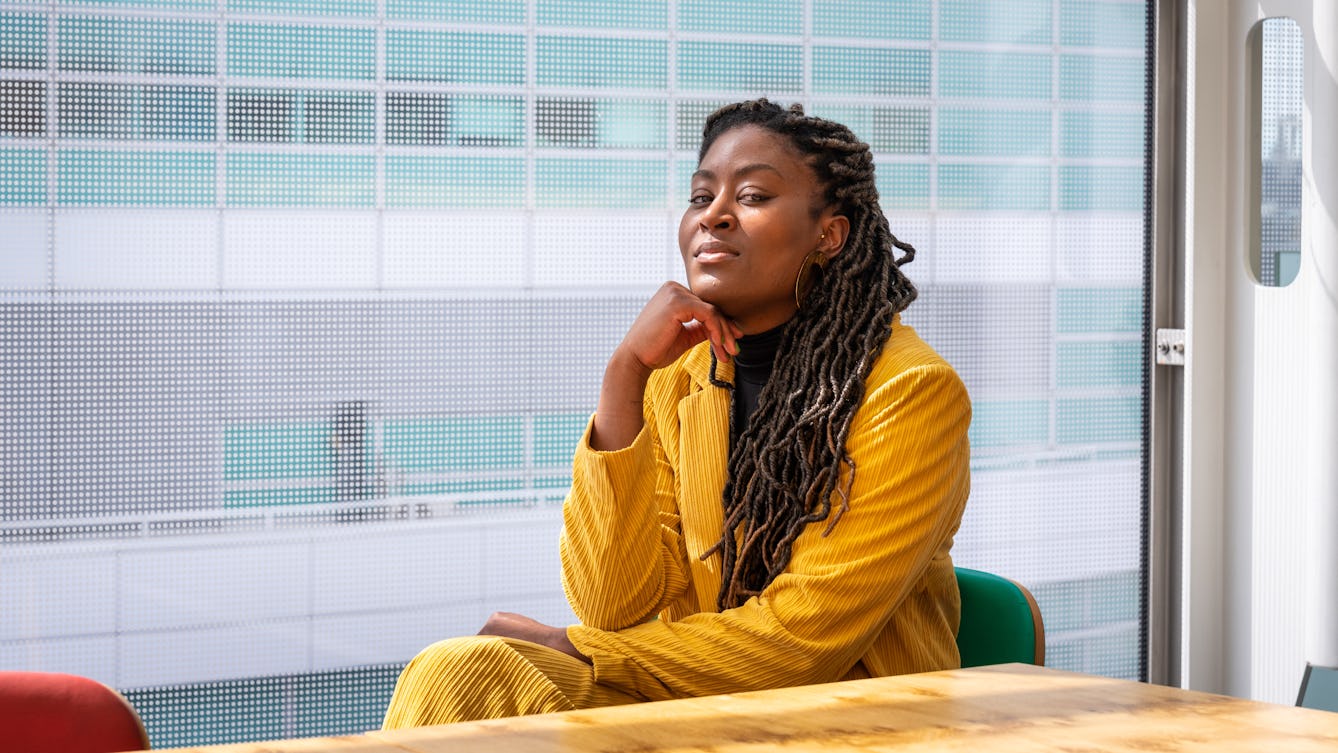
- Book extract
- Book extract
Why we need to decolonise healthcare
In this extract from ‘Divided’, Annabel Sowemimo describes the way her nana’s stroke and hospitalisation heightened her awareness of the need for us all to advocate for the health of others.
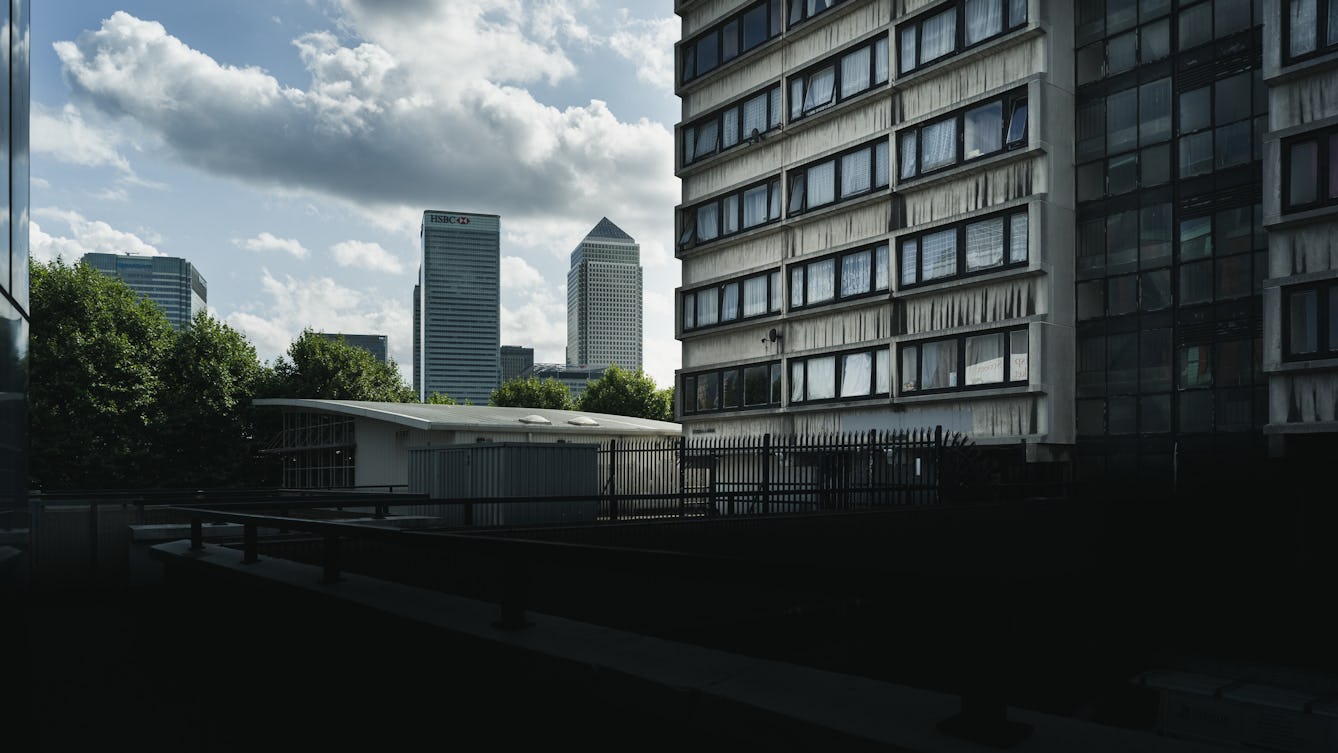
- Article
- Article
How architecture builds a profession of stress
Architects might produce buildings that enhance our health, but at what cost? Kristin Hohenadel explores architecture’s pressurised and stressful culture.
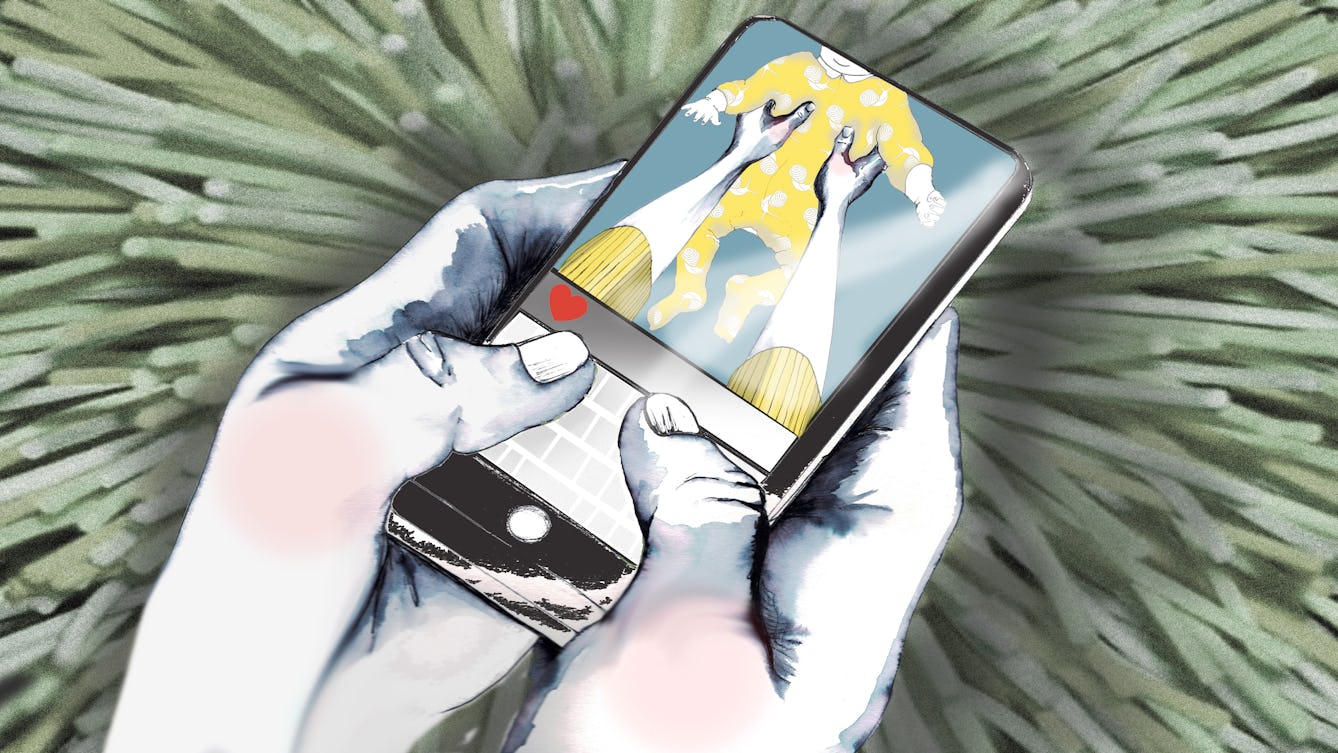
- Article
- Article
Healing hard-working hands
The names we use to describe different hand injuries tell us about history, gender and class. Occupational therapist María Cristina Jiménez explores those injuries, and the changing ways we talk about them.
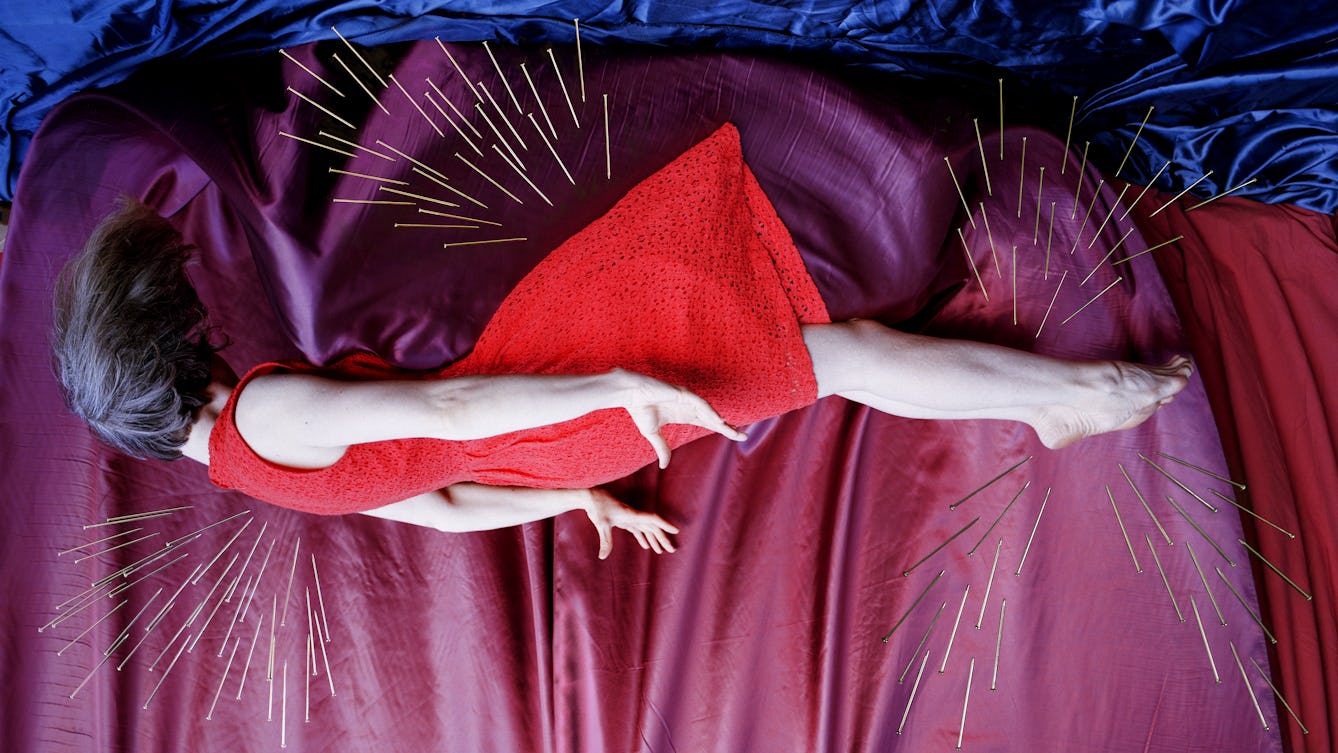
- Article
- Article
What is violence?
Criminologist Laura Bui explores her early understanding of violence and outlines its definition and wider consequences.

- Article
- Article
How tuberculosis became a test case for eugenic theory
A 19th-century collaboration that failed to prove how facial features could indicate the diseases people were most likely to suffer from became a significant stepping stone in the new ‘science’ of eugenics.
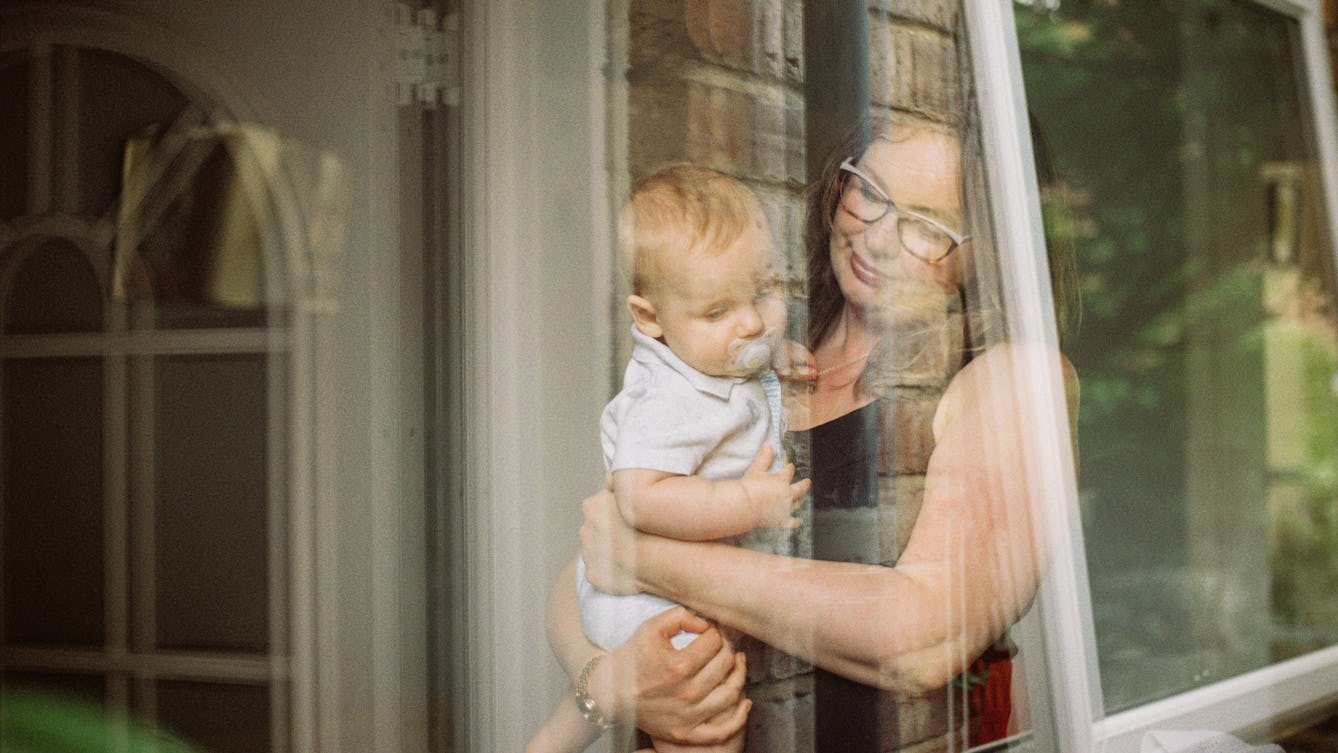
- Article
- Article
Birth, babies and boxes of memories
With memories of her baby in neonatal intensive care still fresh, Erin Beeston decides to unearth the poignant objects her family kept following births, going back as far as Victorian times.
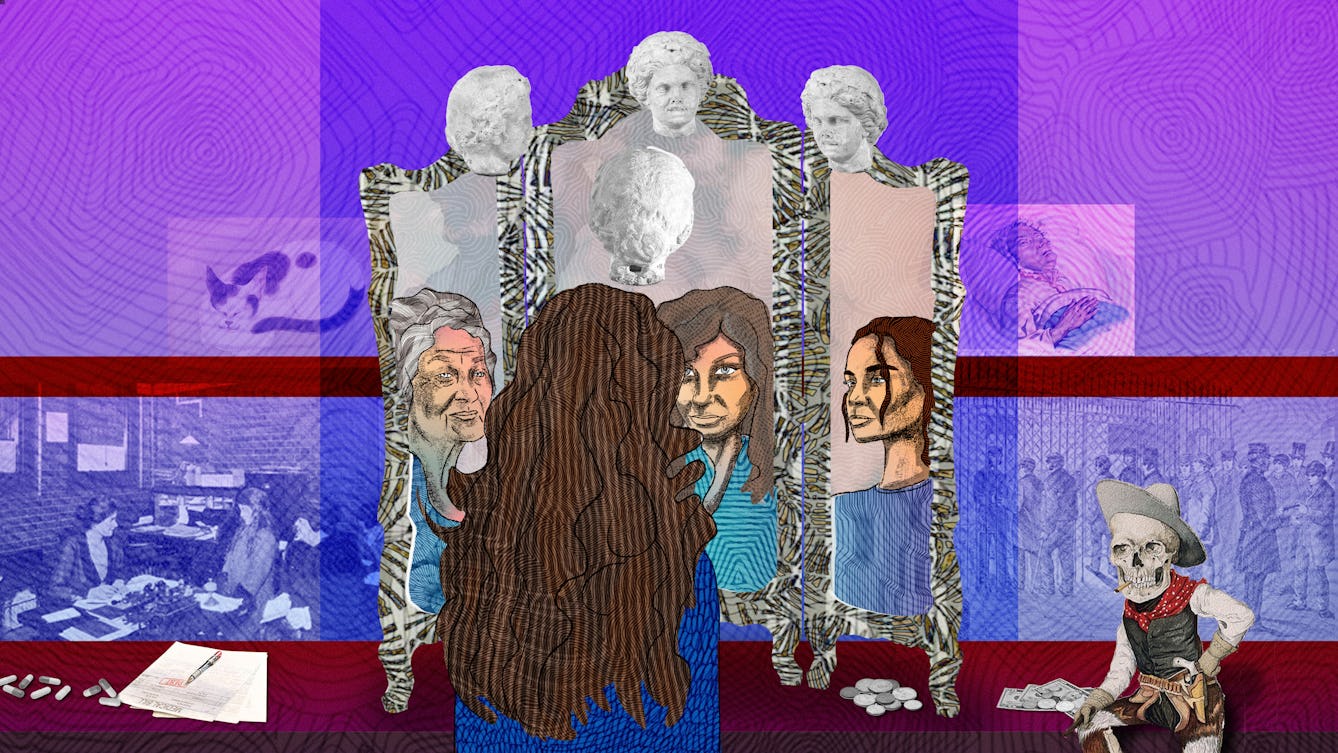
- Article
- Article
We who can’t believe
Unless she falls to the floor unconscious, Anne Boyer has always ignored signs of illness. Cancer, however, made her face her fallibility.
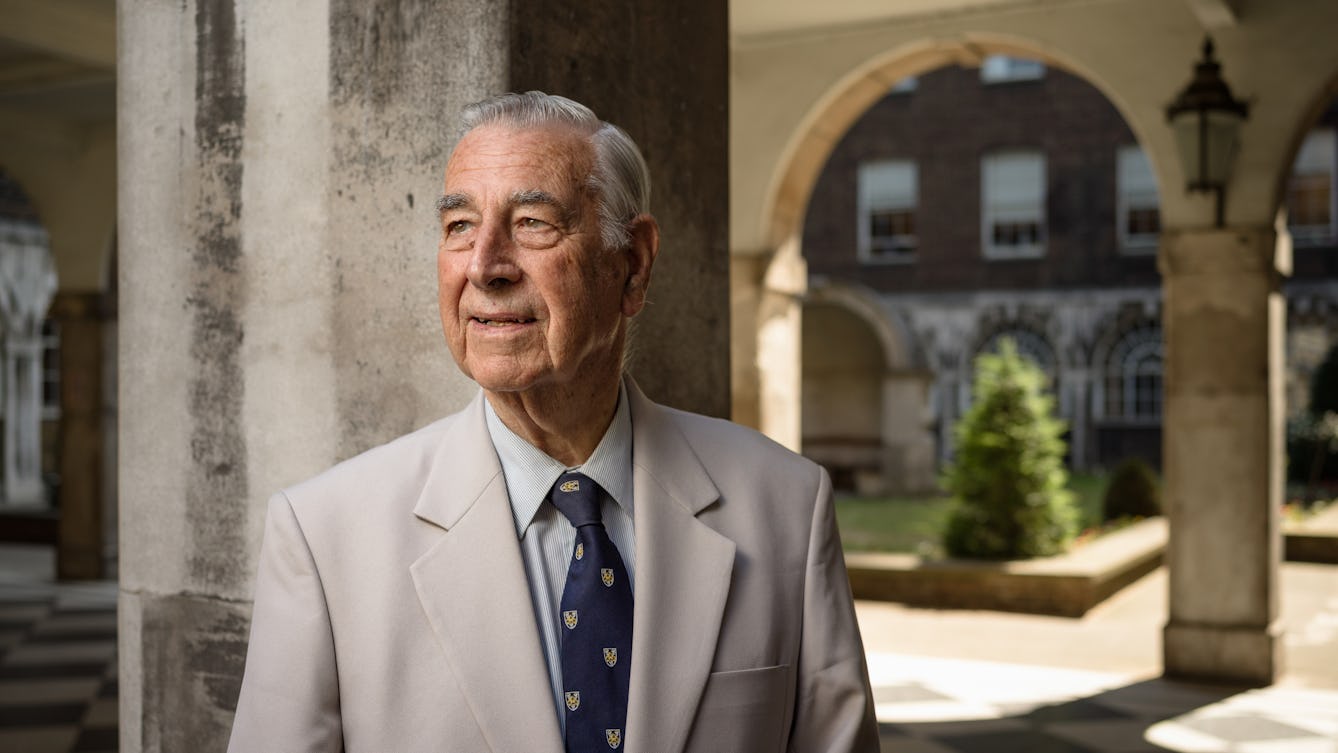
- Article
- Article
Fees, funding and the NHS
In the 1950s, dramatic political battles over NHS charges brought down a government. But public confidence in the service still grew.